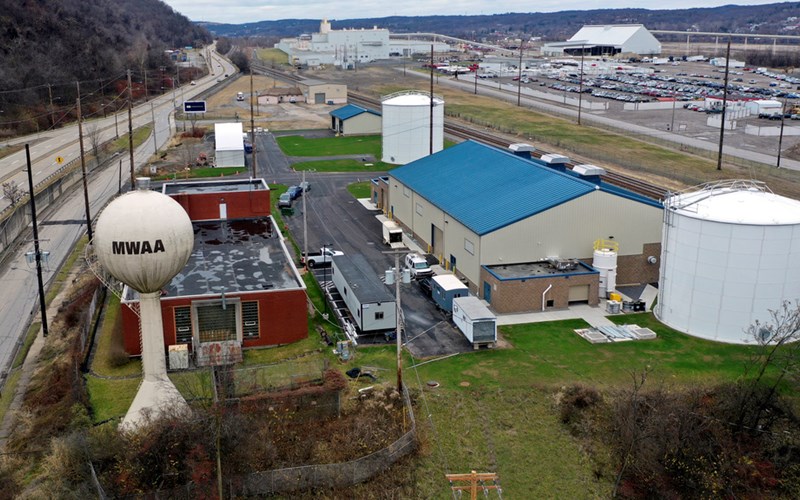Back in November, just after Thanksgiving, alarms went off at the Water Authority in Aliquippa, Pennsylvania. When workers went to investigate, they found a message on the screen of one of the automation devices:
"You have been hacked. Down with Israel. Every equipment 'made in Israel' is cyberavengers (sic) legal target."
According to the federal Cybersecurity & Infrastructure Security Agency (CISA), Iran was responsible for this and a handful of other recent attacks on water systems.

Though the water supply was not affected this time, not every water authority has a built-in manual backup system. Talk host Richard Randall points out that most small municipal utility companies have little cybersecurity protection, which means if an enemy of the U.S. wanted to do damage, they could.
"If there were to be an attack, and somebody was able to hack into the electrical grid, the water supplies, the food supplies, you could bring a country to its knees pretty quickly," he warns.
The danger, officials say, is hackers gaining control of automated equipment to shut down pumps that supply drinking water or contaminate drinking water by reprogramming automated chemical treatments. Besides Iran, other potentially hostile geopolitical rivals, including China, are viewed by U.S. officials as a threat.
Aliquippa and other towns are now scrambling to update their security, at no small expense. As a result, utility prices will be going up for customers.
"I think the United States and the average American should assume that our enemies are very capable of doing a lot of, I wouldn't call it mischief, [but] a lot of real danger to the United States," Randall submits.
He says a 21st century war could be won or lost without a single shot being fired. Remotely destroying a country's infrastructure and economy would do the trick.
"The next huge international conflict is probably not going to look anything like the ones that we've seen before," he predicts.
The Associated Press reports that states are now in the midst of applying for grants from a $1 billion federal cybersecurity program, money from a 2021 federal infrastructure law. But water utilities will have to compete for the money with other utilities, hospitals, police departments, courts, schools, local governments, and others.







